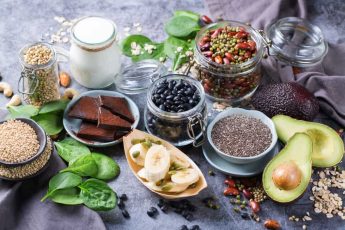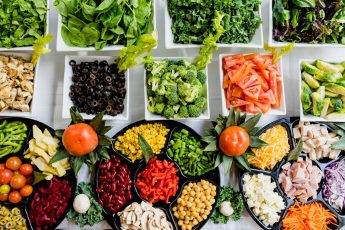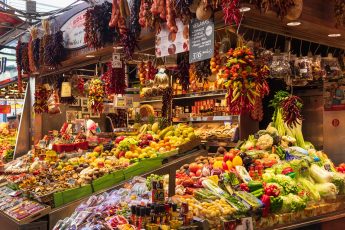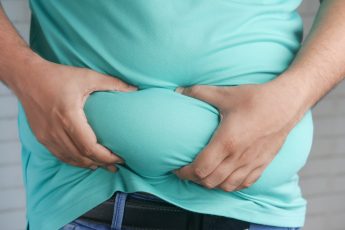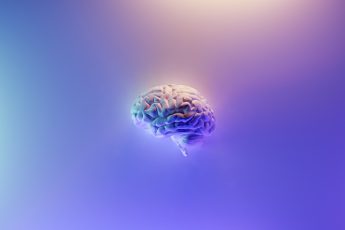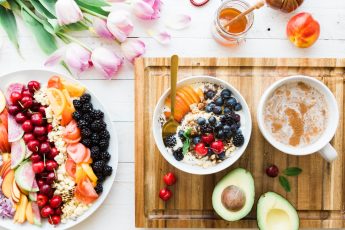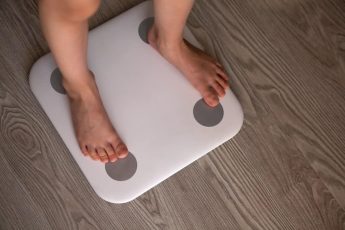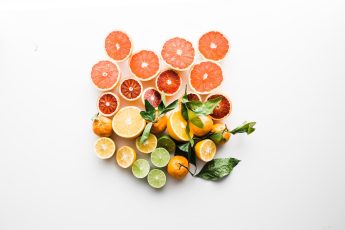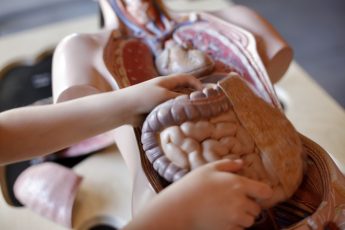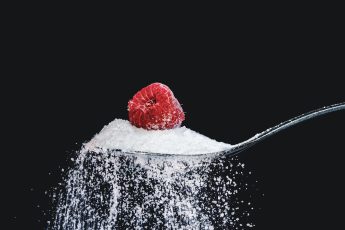How to lose weight without diets – healthy nutrition principles
The main tip for making weight loss in the long term, rather than in the short time, is not to diet. Studies have shown that any diet, especially one that severely restricts calories, invariably slows down the metabolism. And this tendency is the more potent, the more prolonged and more severe the restrictions.
In this case, it may take weeks or even many months to restore the former metabolic rate fully. And if a person regularly subjects himself to such tests, it is almost an impossible task for him to bring his metabolism back to normal.
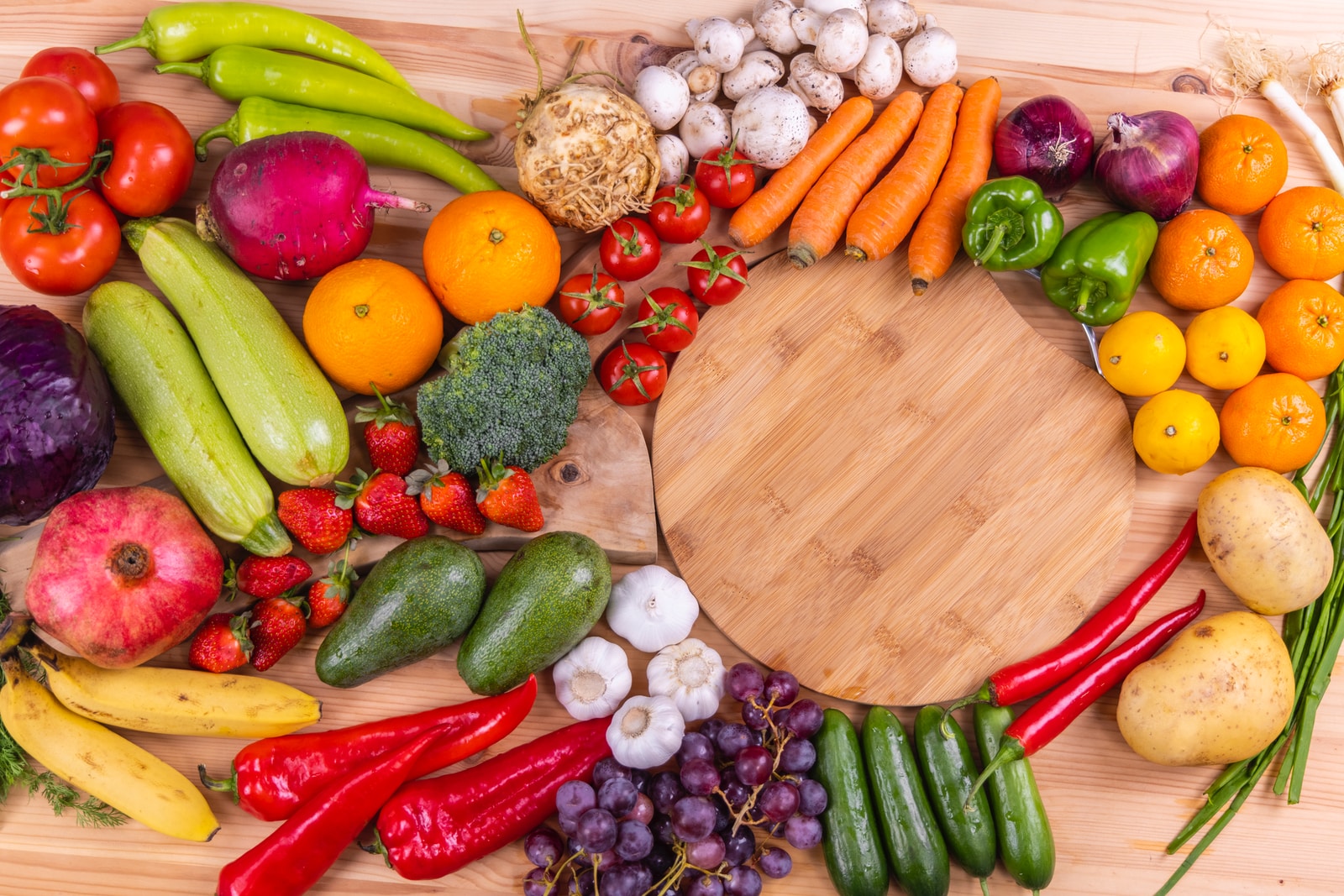
How to eat well to be healthy
Therefore, nutritionists advise adhering to the principles of healthy nutrition – that is, to make a healthy diet and eat that way for life. Not only when you need to lose extra pounds, but also after losing weight. It is the tactic followed by people who are not prone to fullness. They were either accustomed to doing this since childhood or began to follow the principles of rational nutrition intuitively, unconsciously. That overweight will need to master them purposefully, ideally within their power.
What foods should be limited in the nutrition diet
The main thing is that you must vary the menu. The food it includes must contain all macronutrients (carbohydrates, fats, and proteins) and micronutrients (minerals, vitamins, and other valuable substances). It is enough to follow the rule to meet this requirement: half of the plate should be allocated for “long” carbohydrates (fruits and vegetables), a quarter of it for cereals and grains, and the remaining space for protein. Of drinks, it is better to prefer the water, sour-milk products, or milk. You should eat a total of three meals a day.
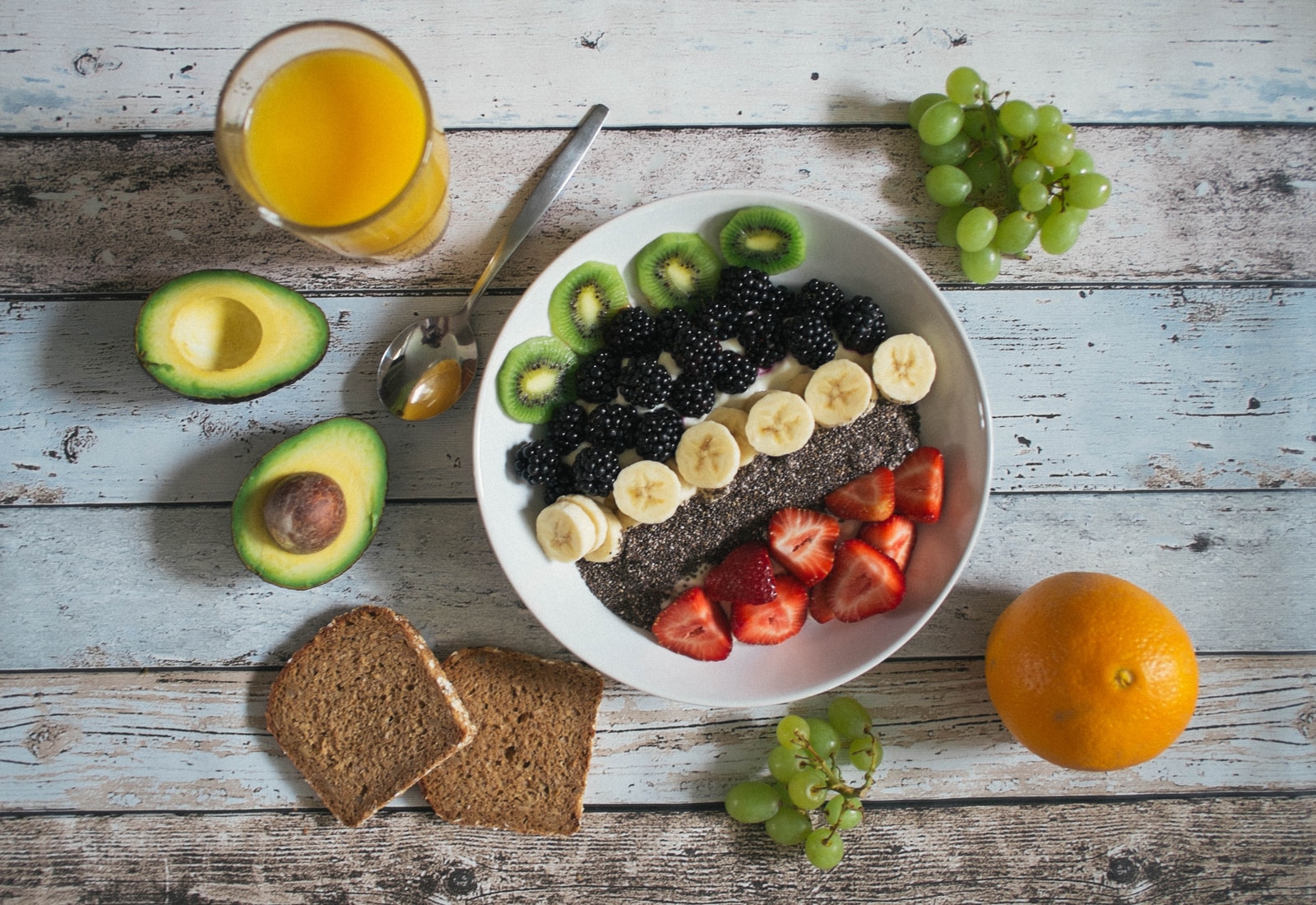
If you can do without snacks, limit yourself to the main meals, and in general, you can snack up to three times. Try to use raw nuts (almonds, hazelnuts, walnuts – up to 15 g), dried fruit (up to 50 g), fruit (3-4 fruits weighing no more than 600 g), vegetables (tomatoes, cucumbers, cabbage, turnips, carrots), unsweetened dairy products.
Food restrictions
Too fatty food
Obviously, these are primarily vegetable oils, mayonnaise, and creamy baked goods. But keep in mind that some products contain fat in an implicit form; most people are not even aware of it. It is not safe because, as a result, a person may unknowingly consume it in excess, simultaneously exceeding the norm in calories.
These products include:
- all processed meat (wieners, sausages, dumplings, etc.);
- almost all store-baked goods (which also contain trans fats, which have a terrible effect on metabolic processes);
- fast food;
- potato chips;
- full-fat dairy;
- seeds;
- nuts.
Foods with trans fats
These dangerous substances damage the metabolism, disrupt the brain centres responsible for satiety, and contribute to atherosclerosis. They are synthesized during the industrial production of deep-fried foods, spreads, and margarine. There are also a lot of trans fats in store-baked goods and fast food. If you are trying to lose weight or maintain average weight, do not include such products in your diet.
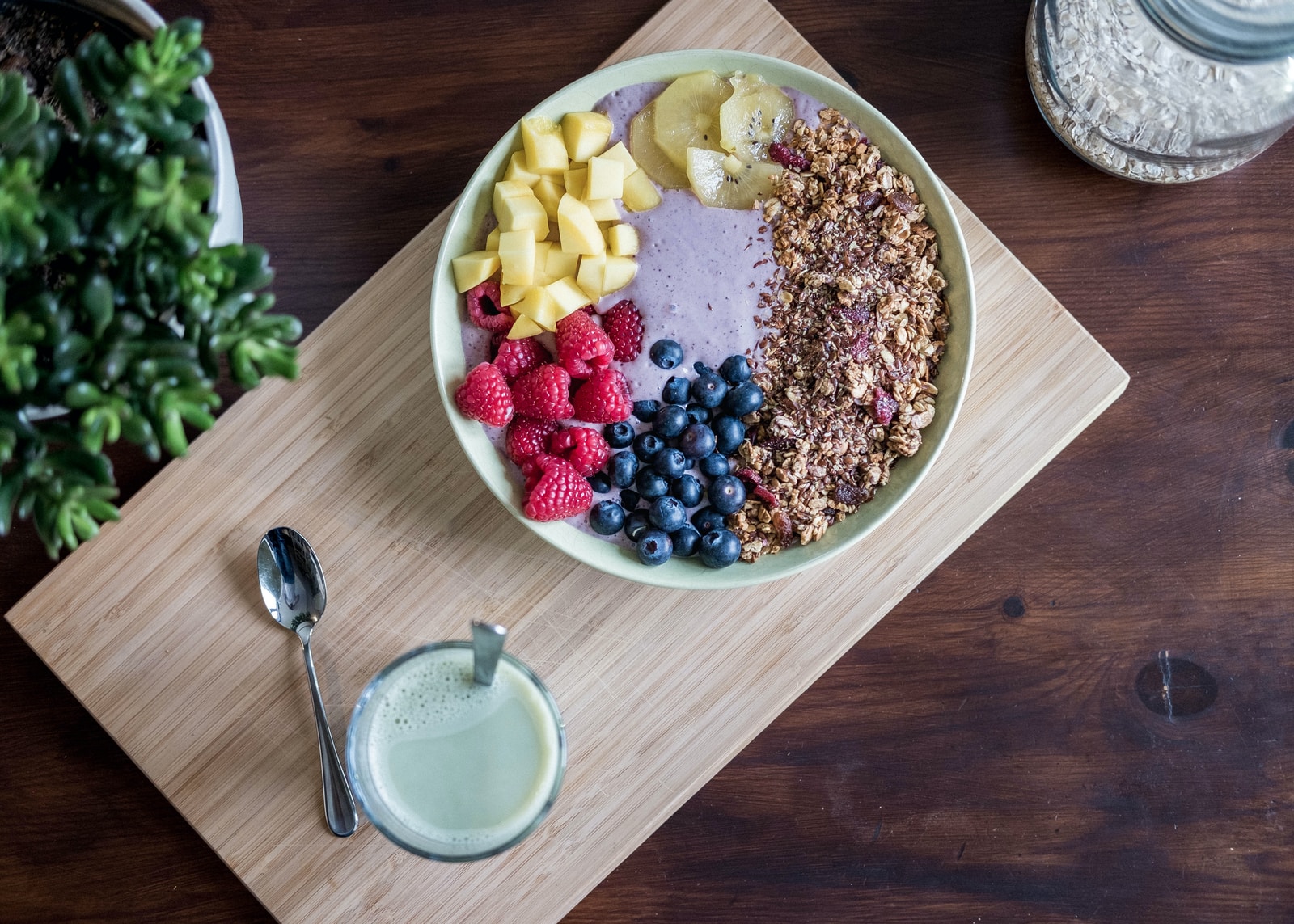
Caloric beverages
It is necessary to give up sources of simple carbohydrates, which, being quickly digested, contribute to gaining extra pounds. It is desirable to prefer green, black, and herbal teas, coffee, and, of course, just water during the day. These are all sweetened drinks, sodas, drinking yoghurts with fillers, and even freshly squeezed fruit juices. Milk-based drinks are also acceptable, but no more than three times a day.
As a result, few people manage to meet their planned caloric intake. It is alcoholic beverages that make people gain weight, even if they try to eat healthily and not overeat.
Bread is acceptable and necessary
Bran, wholemeal, rye – you should eat at least three 30-gram servings of bread a day. But you should cut down the amount of wheat bread as much as possible. The bread is a good hunger quencher; it has fibre, valuable protein, and vitamins B-complex. Including this product in your menu will reduce the risk of overeating and have fewer cravings for sweets.
Sweets are also allowed, but only for dessert after the main meal. Just limit the number of such products to a maximum of 100 grams per day. And, of course, sweets should not be consumed by diabetic patients.
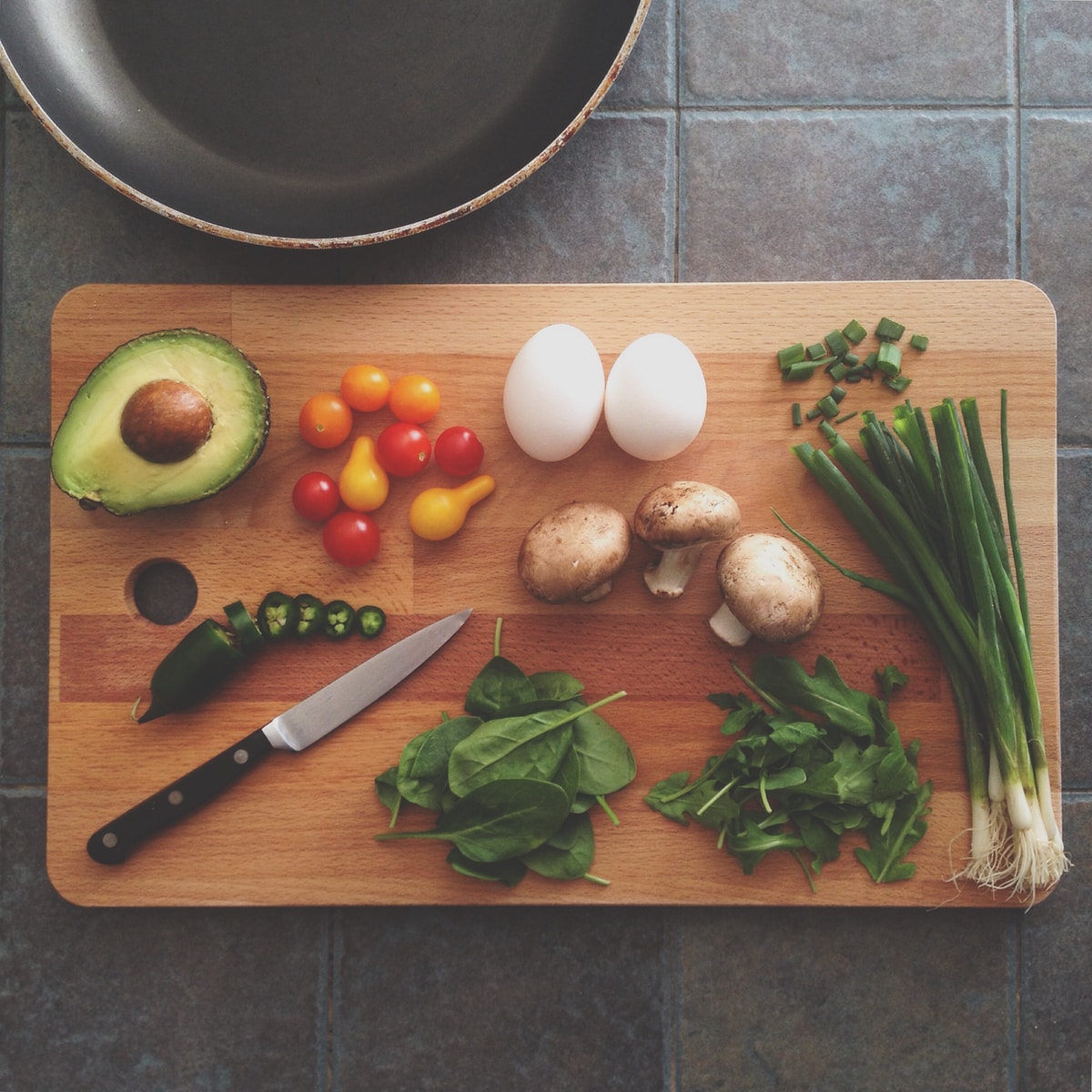
More water, faster weight loss
Water as such does not burn calories and does not speed up the metabolism. And yet its benefits are undeniable. For example, there are times when a person feels as if they are hungry, although, in reality, the body demands moisture. Often, as a result, the desire to eat disappears. That is why, when the feeling of hunger comes less than 3 hours after a meal, nutritionists advise simply drinking water.
It is possible to drink food not only with water but also with tea, which is not harmful to health, despite the claims of some doctors. So you can’t do without an abundance of fluids in losing weight.
What about sport?
If weight loss is the goal, physical activity is mandatory, but there is no need to sign up for a gym. You can walk, use outdoor fitness equipment, do morning exercises, dance, or practise yoga at home. The main thing is to enjoy the process – then you won’t give up after a few days.
